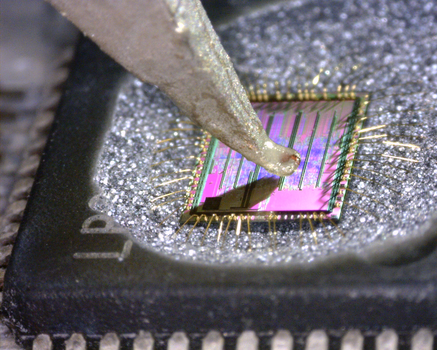
The Organising Committee of PSET is calling for Technical papers. To present your research at the conference your manuscripts must first pass double-blind peer review. Upon payment of registration fees, your approved papers will be included in the conference proceedings and your attendance at the conference will be confirmed.
PSET 2025 welcomes papers from the full spectrum of research topics of interest to the optics and engineering community. Research coverage in the conference proceedings comprises: fundamental and applied; theoretical and experimental, including technical and methodological advances; and interdisciplinary and newly emerging areas. Subject areas include, but are not limited to:
Optics and Photonics
Laser Technology and Applications
Optical Materials, Devices, and Systems
Optical Imaging and Signal Processing
Optics Communication and Networks
Quantum Optics and Quantum Information
lIDAR and Remote Sensing
Solar and Photonic Energy Conversion
Biomedical Photonics
Micro/Nano Photonics and Integrated Optics
Engineering Technology and Interdisciplinary Applications
Advanced Optical Design and Manufacturing
Energy and Environmental Optics
Nanotechnology and Micro/Nano Fabrication
Artificial Intelligence and Optical Systems
Robotics and Automation
Optoelectronics Technology and Applications
Imaging Technology and Applications
Smart Sensing and Detection Technologies
Notice: Submissions out of the above topics will be rejected directly.
|
|